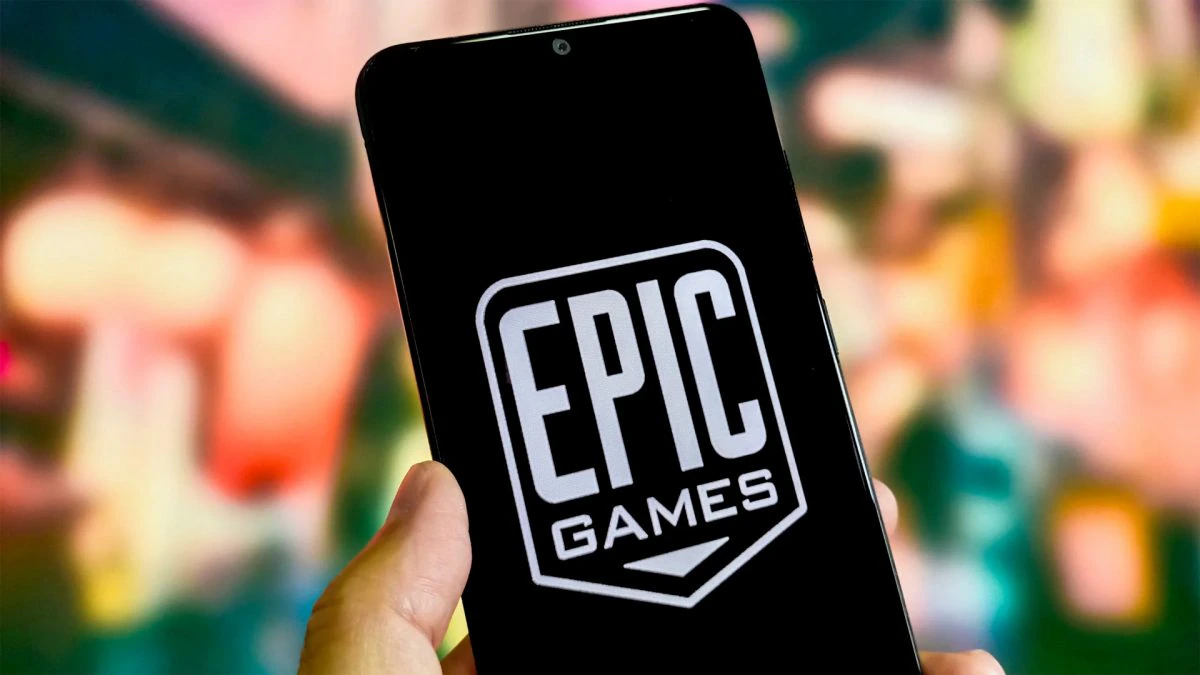LOS ANGELES — In a bold move underscoring the ongoing tensions within the tech industry, Epic Games, the developer behind the blockbuster title “Fortnite,” has initiated a lawsuit against giants Google and Samsung. The litigation, filed in San Francisco federal court, accuses both tech behemoths of colluding to stifle third-party competition through restrictive phone settings on Samsung devices, potentially marking a significant battle over app distribution practices.

Unpacking the Controversy: Samsung’s Auto Blocker Feature
Central to the dispute is Samsung’s “Auto Blocker” function, a default setting on their devices that permits installations solely from recognized sources like the Samsung Galaxy Store or Google Play Store. This feature, Epic argues, plays directly into Google’s hands, reinforcing its stronghold over Android app distribution.
The complaint articulates a grim view, suggesting that Auto Blocker “is virtually guaranteed to entrench Google’s dominance over Android app distribution.” Samsung counters these allegations by asserting that their device features adhere to rigorous standards of security, privacy, and user control, emphasizing that users can disable Auto Blocker anytime. They describe their approach to market competition as robust, aiming to enhance consumer choice and conduct operations fairly.

The Broader Implications for the Tech Ecosystem
Epic Games’ legal challenge is not just about corporate disputes but highlights a larger dialogue on antitrust issues within the tech ecosystem. The company’s aggressive stance against what it perceives as anti-competitive practices comes on the heels of a prior victory against Google in December, where a jury sided with Epic in its first antitrust lawsuit, marking a significant precedent. Tim Sweeney, CEO of Epic Games, vocalized his frustration on social media platform X, stating, “Literally no store can compete with the incumbents when disadvantaged in this way. To have true competition, all reputable stores and apps must be free to compete on a level playing field.” This statement captures the essence of the conflict — a fight for a fair competitive landscape in the app distribution market.

Epic’s Tactical Moves and the Path Forward
Further complicating the tech landscape, Epic introduced its own Epic Games Store on iPhones within the European Union and on Android devices globally. However, the company points out an “exceptionally onerous 21-step process” required to download third-party apps outside of the Google Play Store or Samsung Galaxy Store, highlighting what it views as deliberate barriers to entry created by these tech giants. As the legal proceedings unfold, the outcome of this lawsuit could have profound implications for how apps are distributed across Android systems globally. The tech community and consumers alike are keenly watching this case, as its resolution could redefine the dynamics of app marketplaces and either bolster or hinder innovation depending on the verdict.

With the gauntlet thrown, all eyes are now on the courts to see how they will navigate these complex antitrust allegations and what this will mean for the future of app distribution on a global scale. Samsung’s pledge to “vigorously contest Epic Game’s baseless claims” promises a legal showdown that could reshape industry practices and policies in significant ways.










